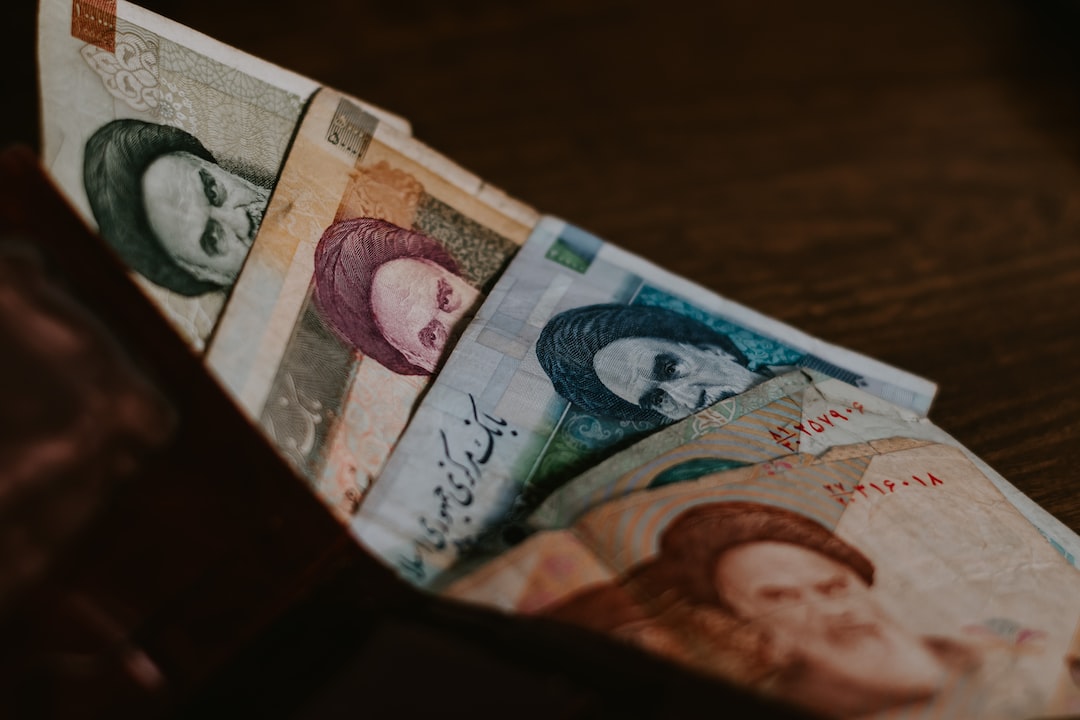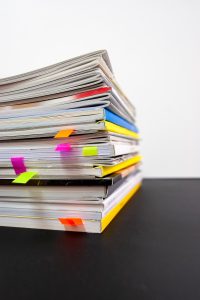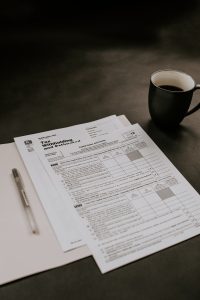Forex trading, also known as foreign exchange trading, is the buying and selling of currencies in the global market. It is a high-risk, high-reward investment that can reap significant profits if done correctly. However, with great rewards come great responsibilities, and one of those responsibilities is paying taxes on your forex earnings. In this article, we will explain how to tax yourself on forex.
1. Understand your tax obligations
The first step in taxing yourself on forex is understanding your tax obligations. The tax laws vary from country to country, and it is essential to know the rules in your country. In the United States, forex traders are required to report their profits and losses on their income tax return. The profits are taxed as capital gains, and the losses can be used to offset other capital gains or income.
2. Keep detailed records
Keeping detailed records is crucial when it comes to taxing yourself on forex. You need to keep track of all your trades, including the date, time, currency pair, entry and exit prices, and profits or losses. This information will help you calculate your gains or losses accurately and determine your tax liability.
3. Determine your tax rate
Once you have calculated your profits, you need to determine your tax rate. In the United States, the tax rate on capital gains varies depending on your income level and the length of time you held the investment. If you held the investment for less than one year, your capital gains will be taxed at your ordinary income tax rate. If you held the investment for more than one year, your capital gains will be taxed at a lower rate.
4. Fill out your tax return
Once you have determined your tax liability, you need to fill out your tax return. In the United States, forex traders need to file a Schedule D with their income tax return. The Schedule D is used to report capital gains and losses from investments, including forex trades.
5. Consult with a tax professional
If you are unsure about how to tax yourself on forex, it is essential to consult with a tax professional. A tax professional can help you understand the tax laws in your country and ensure that you are complying with all the regulations. They can also help you identify deductions and credits that may reduce your tax liability.
In conclusion, taxing yourself on forex can be complicated, but it is essential to comply with the tax laws in your country. By understanding your tax obligations, keeping detailed records, determining your tax rate, filling out your tax return, and consulting with a tax professional, you can ensure that you are paying the right amount of taxes on your forex earnings. Remember, failing to pay your taxes can result in penalties and fines, so it is always better to be safe than sorry.






